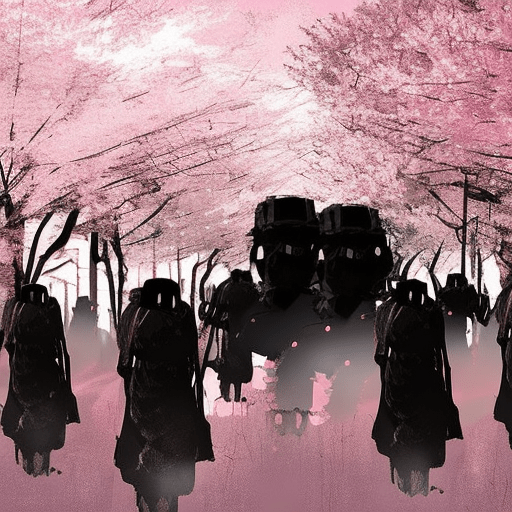Summary:
Underground: The Tokyo Gas Attack and the Japanese Psyche is a thought-provoking and insightful book by Haruki Murakami that delves into the 1995 Tokyo subway sarin gas attack carried out by the Aum Shinrikyo cult. Through a series of interviews with victims, perpetrators, and bystanders, Murakami explores the psychological impact of the attack on both individuals and Japanese society as a whole, shedding light on the complexities of human nature and the resilience of the human spirit.
The Tokyo Gas Attack: A Shocking Act of Terrorism
The book begins by providing a detailed account of the Tokyo subway sarin gas attack, which took place on March 20, 1995. Aum Shinrikyo, a religious cult led by Shoko Asahara, released deadly sarin gas on several subway trains during the morning rush hour, resulting in the deaths of 13 people and injuring thousands. Murakami meticulously reconstructs the events leading up to the attack and its aftermath, highlighting the chaos, confusion, and sheer terror experienced by the victims.
The Psychological Impact on Victims and Society
Murakami goes beyond the surface-level details of the attack and delves into the psychological impact it had on the victims and Japanese society as a whole. Through a series of interviews with survivors, he explores the profound trauma, fear, and feelings of vulnerability experienced by those directly affected. He also examines the collective trauma experienced by the Japanese people, who were forced to confront the reality of domestic terrorism on their own soil.
The Search for Meaning and Closure
One of the central themes of Underground is the search for meaning and closure in the aftermath of such a horrific event. Murakami interviews not only the victims and their families but also former cult members and even the perpetrators themselves. Through these interviews, he uncovers the complex motivations and beliefs that drove individuals to commit such acts of violence. He also explores the challenges faced by the victims in their journey towards healing and forgiveness.
- Key Takeaways:
- The Tokyo subway sarin gas attack was a shocking act of domestic terrorism that had a profound psychological impact on both individuals and Japanese society as a whole.
- The book highlights the resilience of the human spirit and the search for meaning and closure in the face of tragedy.
- Murakami’s interviews provide a unique and personal perspective on the complexities of human nature and the motivations behind acts of violence.
“The victims of the gas attack were not just those who died or were injured. They were also the ones who survived, but were left with deep emotional scars. They were the ones who lost their sense of security and trust in society. They were the ones who had to grapple with the question of why this happened and how to move forward.”
In conclusion, Underground: The Tokyo Gas Attack and the Japanese Psyche is a compelling exploration of the 1995 Tokyo subway sarin gas attack and its lasting impact on individuals and Japanese society. Through his interviews and analysis, Murakami offers valuable insights into the complexities of human nature, the search for meaning in the face of tragedy, and the resilience of the human spirit. This book serves as a reminder of the importance of understanding and empathy in the aftermath of acts of violence, and the need for healing and closure for both victims and society as a whole.












